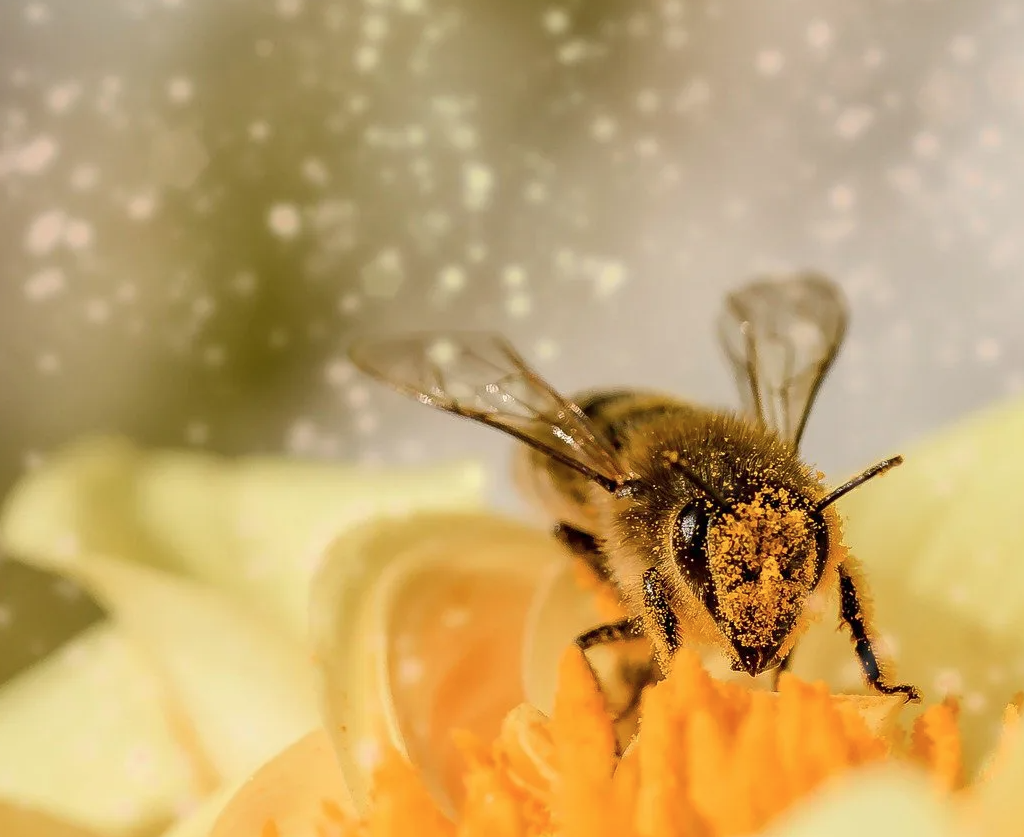The EU Commission has presented the New Deal for Pollinators
() – A third of the species of bees, butterflies and syrphids are at risk in Europe. And with them also agriculture and part of food security. The reproduction of 4 plants out of 5, in the continent, depends on the action of the pollinating insects. Without it, it is estimated that agricultural production would suffer at least EUR 5 billion a year, and for some crops the yield would fall by more than half. To reverse this trend, Europe launched an initiative yesterday to increase the protection of pollinators. How? Creating “buzz lines”, literally “buzzing tracks“, that is, safe corridors for bees.
Protection of pollinators, all European initiatives
It is the central point of the New Deal for Pollinators, the 2018 revision of the EU Pollinators Initiative that the European Commission presented yesterday. The number one priority is to improve the conservation and protection status of pollinators, especially by addressing the main causes of their decline. The cornerstone is the creation of a network of ecological corridors for pollinating insects, which will be prepared jointly by the European executive together with the Member States. Brussels will then prepare conservation plans for endangered species and identify ecosystems to which the 27 Member States will have to provide greater protection.
Read also If we respect the 1.5 degrees, the climate risk drops by 44%
The plan for bees is intertwined with the Common Agricultural Policy, the Farm to Fork and especially with the future decision on cutting pesticides. The CAP is entrusted with the task of restoring habitats for pollinators in agricultural landscapes. While on the phytopharmaceuticals side there are more controls on the effects of pesticides, including chronic and sub-lethal ones.
“Part of the solution lies in strengthening the legal requirements for the implementation of integrated pest management, in line with the Commission’s proposal for a regulation on the sustainable use of pesticides. This proposal, now in the co-decision phase, will be the key instrument to reduce the risk and use of pesticides,” explained EU Environment Commissioner Virginijus Sinkevičius.
Other fronts of action for the protection of pollinators concern the improvement of urban habitats for bees, the limitation of the impact of invasive alien species and the fight against light pollution.
